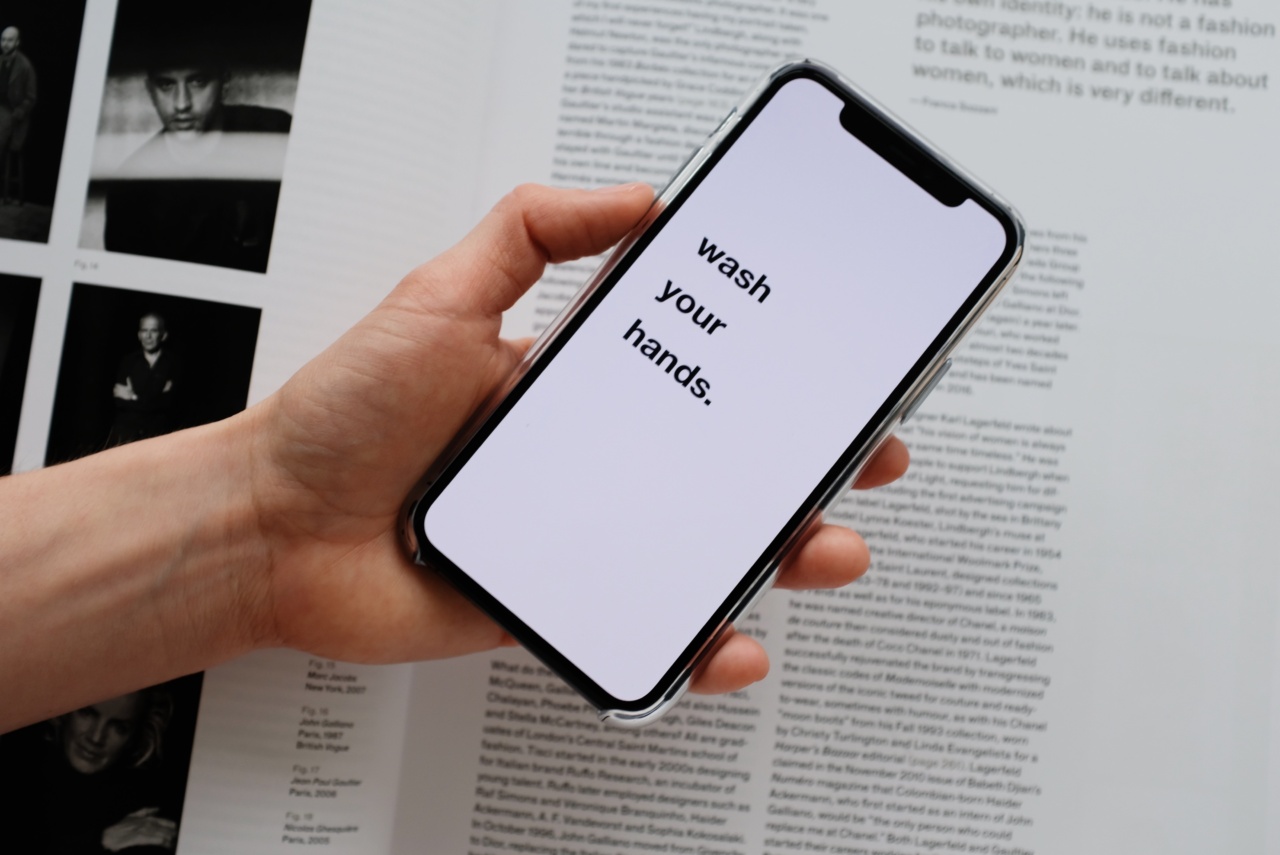Nowadays, smartphones have become an integral part of our lives. From the moment we wake up until we go to bed, we are constantly connected to our phones.
However, recent studies have shown that keeping your phone near your bed can negatively impact your sleep quality and overall well-being. In this article, we will discuss the reasons why you should consider keeping your phone away from your bed and explore some alternative practices that can help improve your sleep.
The Impact of Blue Light on Sleep
One of the main reasons why you should keep your phone away from your bed is the blue light emitted by the screen.
Blue light has a short wavelength and high energy, which can suppress the production of melatonin, a hormone that regulates the sleep-wake cycle. When exposed to blue light, especially during the evening hours, our body’s natural tendency to sleep is disrupted, making it harder to fall asleep and stay asleep.
Distractions and Disruptions
Having your phone near your bed can be a constant source of distractions and disruptions. Notifications from social media, emails, and messages can interrupt your sleep by causing your phone to vibrate or produce sounds.
Even if you resist the temptation to check these notifications, the anxiety of possibly missing out on something important can still keep you awake. Additionally, browsing through your phone before bed can lead to a never-ending cycle of distractions, as the endless array of content can keep you engaged for hours.
Electronic Devices and Mental Stimulation
Using your phone, and other electronic devices, before bed can mentally stimulate your brain and make it harder to relax.
The content you consume on your phone, such as news articles, videos, or social media posts, can evoke strong emotions or provoke deep thoughts that linger in your mind. This mental activity can make it difficult to wind down and transition into a restful state, delaying the onset of sleep. Consequently, it is recommended to avoid any mentally stimulating activities at least an hour before bedtime.
Sleep Quality and Digital Well-being
Studies have indicated that the use of smartphones at night can have a negative impact on sleep quality.
Poor sleep quality can lead to various health issues, such as daytime fatigue, decreased cognitive performance, and even an increased risk of chronic conditions like obesity, diabetes, and cardiovascular diseases. By keeping your phone away from your bed, you can create a sleep-friendly environment and prioritize your overall well-being.
Alternatives to Keeping Your Phone Near Your Bed
Although it may be challenging to break the habit of having your phone near your bed, there are alternative practices that can help improve your sleep:.
1. Establish a Bedtime Routine
Create a regular bedtime routine that includes relaxing activities like reading a book, taking a warm bath, or practicing mindfulness exercises.
Engaging in these calming activities before bed can signal to your body that it’s time to sleep, making it easier to fall asleep without the need for your phone.
2. Designate a Phone-Free Zone
Set boundaries by designating your bedroom as a phone-free zone. Keep your phone in another room or at least at a considerable distance from your bed.
This physical separation will help eliminate the temptation to reach for your phone during the night and reduce the likelihood of disturbances.
3. Opt for an Alarm Clock
Replace your phone alarm with a traditional alarm clock. This will not only help in keeping your phone away from your bed but also prevent the temptation of checking messages or social media first thing in the morning.
By reducing screen time right before sleep and after waking up, you can establish healthier habits.
4. Use Night Mode or Blue Light Filters
Most smartphones now offer features like Night Mode or blue light filters. These settings reduce the amount of blue light emitted by your phone’s screen, making it less disruptive to your sleep schedule.
Enabling these features can minimize the negative impact on melatonin production.
5. Practice Digital Detox
If you find it hard to resist the urge to check your phone, consider practicing a digital detox. Set certain hours of the day or part of the week where you completely disconnect from your phone and engage in offline activities.
This practice not only benefits your sleep but also promotes a healthier relationship with technology.
Conclusion
Keeping your phone away from your bed is advisable for maintaining a good sleep routine and overall well-being. The blue light emitted by the screen disrupts the production of melatonin, causing difficulties in falling asleep and staying asleep.
Moreover, the constant distractions and mental stimulation can further impair sleep quality.
By implementing alternative practices like establishing a bedtime routine, designating a phone-free zone, opting for traditional alarm clocks, using blue light filters, and practicing digital detox, you can improve your sleep and enjoy a more restful night.






























